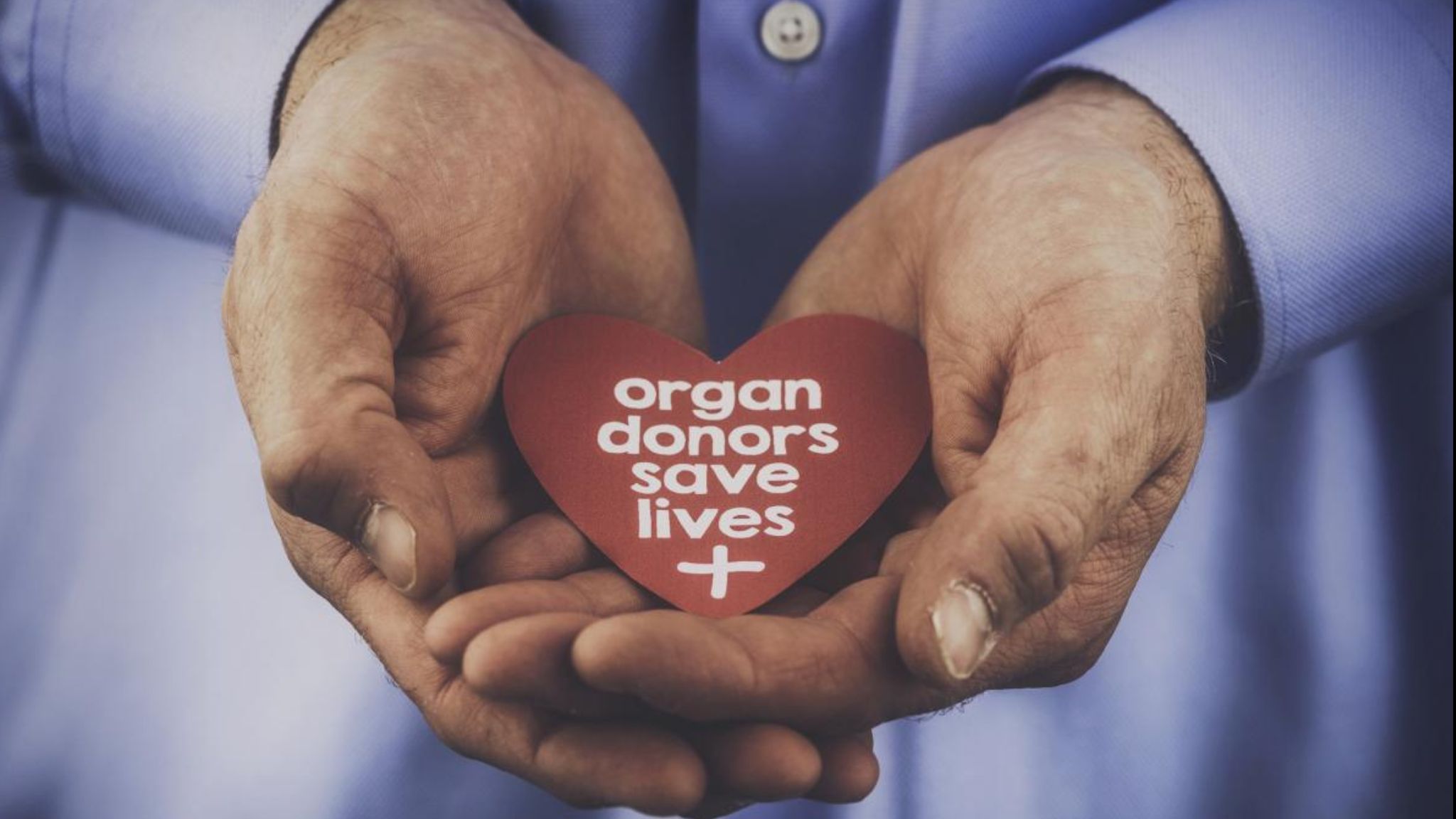Organ donation remains a sensitive subject within many communities in present-day Kenya. While a significant portion of the younger generation exhibits openness towards donating organs or consenting to posthumous medical research, the older demographic tends to shy away from discussing it. The act of contemplating organ donation inevitably confronts one’s mortality, a discomforting notion for many. Unless directly impacted, individuals often overlook the intricacies of the organ donation process.
In 2017, the Kenyan Health Act was enacted, addressing issues related to human organ transplantation and providing comprehensive guidelines for donation and transplantation procedures, encompassing various tissues and blood products. In an interview conducted on the “What’s on your shelf” podcast, Ms. Sharon Gwada shares the poignant story of her two brothers’ futile struggle for kidney transplants, which ultimately inspired her debut book “Best Before ’09”. Through her narrative, readers are immersed in the agonizing journey of the two brothers and their family navigating the challenges within a strained healthcare system.
With a population of 52 million, Kenya grapples with an estimated 5 million individuals afflicted by chronic kidney disease, and a mere fraction receive adequate treatment. Despite the presence of seven transplantation centers, the country witnesses a significant gap between the demand and supply of renal replacement treatments. Over a decade, from 2012 to 2022, only 708 transplants were conducted, showcasing the lack of a cohesive national policy or infrastructure. Furthermore, the scarcity of trained medical professionals exacerbates the issue, with a shortage of nephrologists and transplant surgeons.
To address these challenges, specific policies and regulations must be implemented, prioritizing the establishment and funding of a robust national infrastructure. This includes the creation of organ procurement units and a comprehensive registry of donors and recipients. Additionally, outcomes must be meticulously documented to inform future decisions and garner support from governmental health agencies. A collaborative effort involving various stakeholders, including healthcare professionals, administrators, and patient representatives, is essential to formulate an expanded policy framework.
Despite the current limitations, Kenya possesses the potential to develop proficient renal transplantation centers, offering improved access to care for patients with end-stage renal disease. By leveraging partnerships with established transplant centers, Kenya can expedite the development of its programs and foster regional collaboration within East Africa. However, the pressing issue of affordability remains a barrier, necessitating strategies to mitigate the financial burden associated with transplantation.
The discourse surrounding organ donation in Kenya underscores the imperative for comprehensive policy measures and collaborative efforts to address the persistent challenges and enhance access to life-saving treatments. The question persists: would you be willing to donate your organs?
Dive into the full interview for a comprehensive exploration of this vital topic:https://www.youtube.com/watch?v=QuM3mY5Gw20&t=1066s






